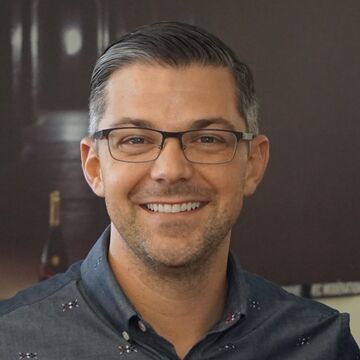

Patrick Gauld
Lecturer
Contact
Bio
Education: BA, 2006, University of Georgia, Athens, GA; MA, 2007, Michigan State University, East Lansing, MI; EdS, 2009, Michigan State University, East Lansing, MI.
Personal Statement
As a practicing school psychologist, I have spent the majority of my career working with students of diverse learning needs from a variety of backgrounds. It is crucial that those working with learners, at any age, understand the developmental and myriad life experiences that shape a student's individual educational journey. It is my goal to provide unique, school-based insights to the teacher-training process and challenge learners to think about how the arts intersect with human development and education.